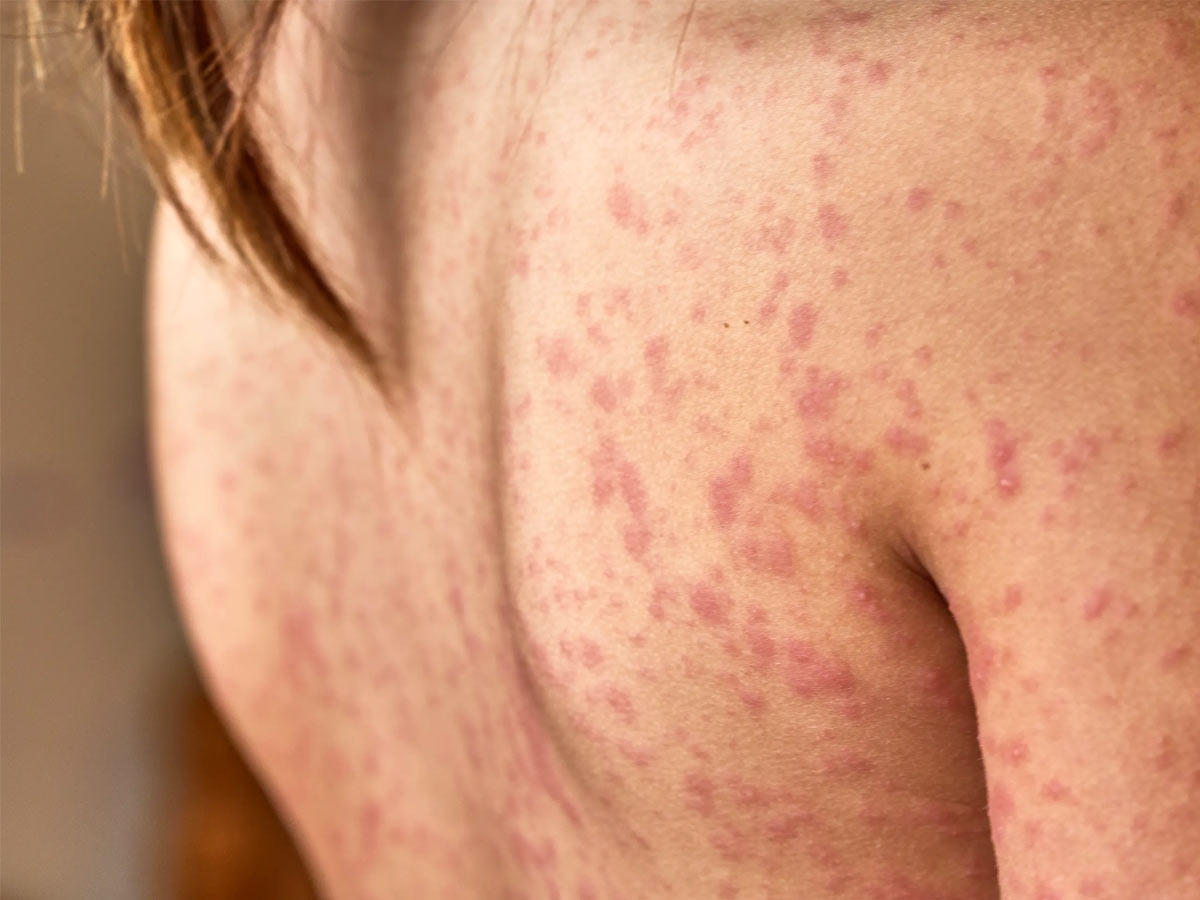Concentrating on maintaining skin moisture is a crucial component of any skin care regimen for eczema or atopic dermatitis.
To prevent exposure, it’s also critical to understand which skincare ingredients and environmental triggers can result in flares. Itching, dryness, and irritation caused by eczema symptoms can be controlled by maintaining a daily routine.

You probably already know how important it is to practice good skin care habits if you or a loved one suffers from eczema or atopic dermatitis.
Eczema is a chronic condition that may flare up if certain environmental triggers are present. Eczema of the type known as atopic dermatitis is characterized by dry skin, scaly patches, itching, and sores.
Moisturizing the skin can both help prevent eczema flare-ups and offer some relief when they do happen. You can make sure that you keep the skin moisturized and protected from flare-ups by creating a routine that works for you.
Advice for developing a skin care regimen for eczema
To avoid itchiness, irritation, and skin thickening, keep your skin moisturized. In fact, the main symptom of mild cases of eczema is dry skin, and a good skin care regimen can help keep symptoms under control.

In other situations, managing symptoms might necessitate additional safeguards and therapies. No matter how severe or mild your eczema is, the majority of routines begin with:
retaining moisture, calming the skin, and preventing triggers
Putting on moisturizer
Developing the habit of moisturizing your skin right away after a shower or bath is one of the most crucial actions you can take.
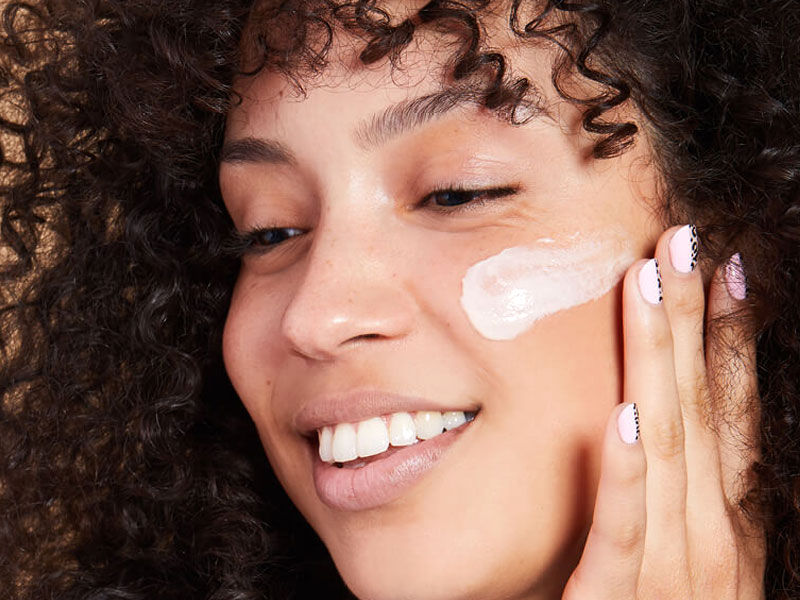
The National Eczema Association claims that if you don’t moisturize right away after taking a bath, the water in your skin will evaporate. It will then dry out as a result of this.
Taking a shower or bath
Avoid using hot water when taking a bath or shower. Your skin can better absorb moisture with the help of lukewarm water.

Additionally, you should refrain from rubbing your skin or using abrasive soaps. The National Eczema Association advises applying moisturizer 3 minutes after getting out of the shower to help create a barrier and keep the moisture in.
Recognizing and avoiding triggers
When you come into contact with irritants or triggers, your eczema may get worse. Taking proactive measures to avoid contact with known triggers should be a part of a good skin care regimen.
Keep a journal to help you identify potential triggers for your flares if you are unsure of your own triggers. By doing this, you might be able to prevent them in the future.
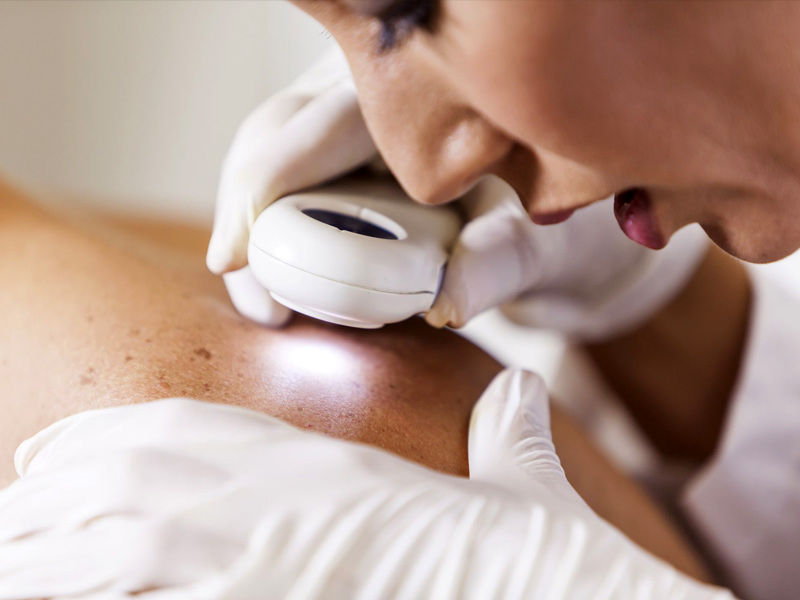
Additionally, keep in mind that not all triggers are caused by irritants or chemicals.
For instance, according to the National Eczema Association, cold, dry air can cause an eczema flare. You might need to adjust your routine a little in the winter to keep your skin protected.
Also, Read Brands Of Korean Skincare That Will Be Talked About In 2022
Playing around with your routine
Eczema cases vary greatly from one another. This means that what works for some people might not work as well for you, and vice versa.
Dermatologist Margaret Lee mentions that you might experience relief from using products that aren’t made specifically for treating eczema in a piece for the National Eczema Association. For instance, you might discover that petroleum jelly or vegetable shortening works to rehydrate and soothe the pain and itching brought on by a flare-up.
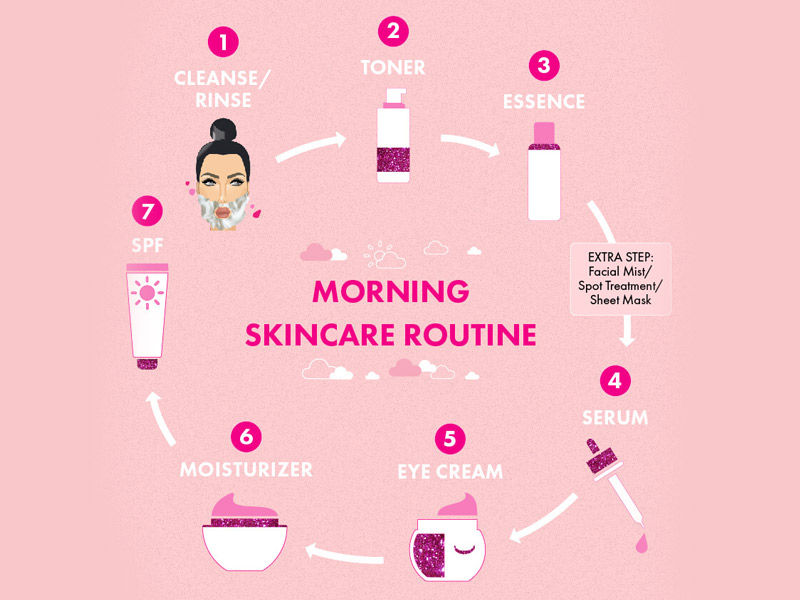
Once you’ve developed a routine involving one or more successful products, you might want to think about documenting it to maintain it.
Having the routine written down when caring for a child with eczema can be useful in case another person needs to take over the routine.
What to incorporate
One of the most crucial components of a skin care regimen is a moisturizer. However, not all moisturizers are made the same way, and some offer superior advantages to others.
The National Eczema Association claims that ointments and creams are the best moisturizers for treating eczema. The difference is due to the higher oil content of ointments and creams compared to lotions.

Oil on the skin has two effects. First, it keeps moisture inside. The next benefit is that it keeps irritants out.
Numerous companies sell moisturizers made specifically for eczema, including Aveeno. Avoid moisturizers that have additional fragrances, dyes, or other ingredients that could irritate your skin when shopping for them.
Additionally, you should incorporate gentle cleaners like CeraVe into your routine. Keeping your skin clean will aid in preventing the infection of dry, cracked skin.
What not to do
Some things can aggravate eczema. The following ingredients should be avoided when choosing skin care products, according to the National Eczema Association:
Fragrances. If you have eczema, both artificial and natural fragrances, including those derived from essential oils, can be extremely irritating. Both varieties of fragrances have the potential to cause allergic reactions.
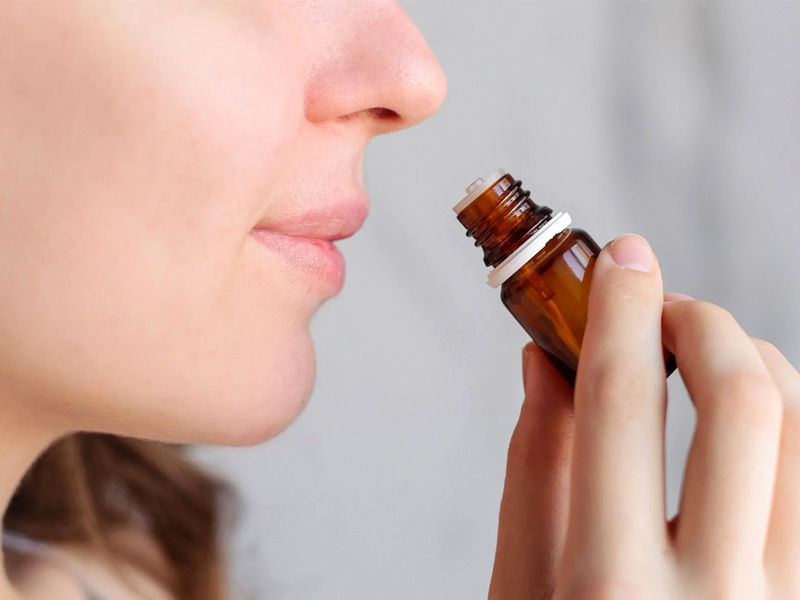
Urea. Despite being a moisturizing ingredient, urea can damage the outer layer of the skin and irritate if you have eczema.
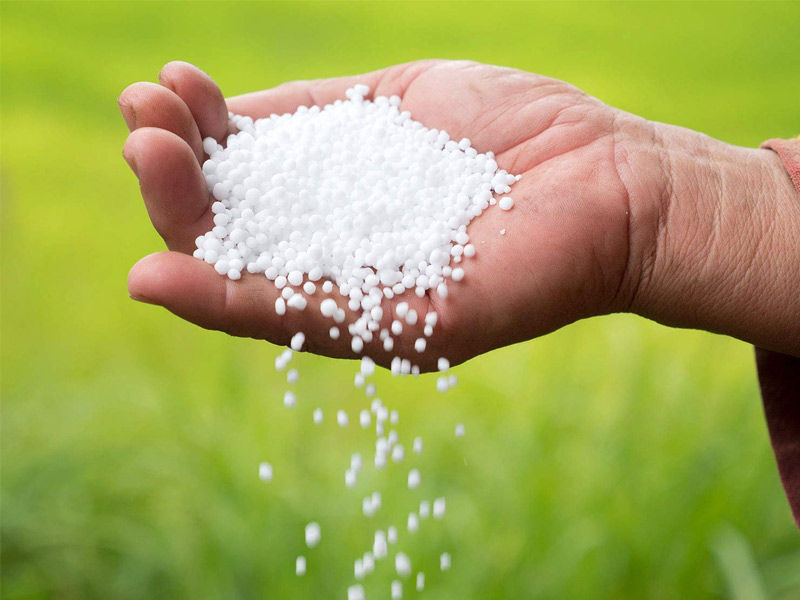
Lanolin. A common component of moisturizer made from sheep’s wool is lanolin. In some people, it can exacerbate eczema and trigger an allergic reaction.
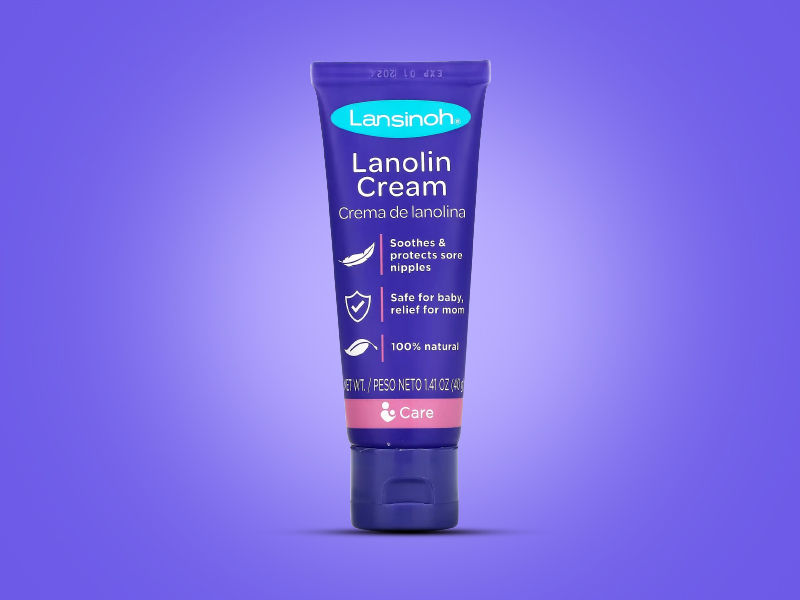
Retinoids. Both products for mature-looking skin and those for acne frequently contain retinoids, which can be extremely irritating. They may be identified as “vitamin A” on a label.
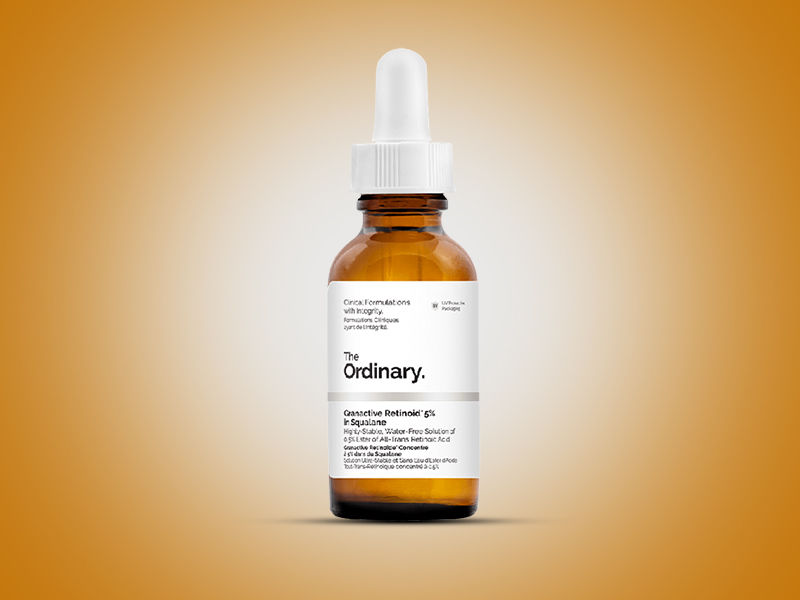
Betaine of cocamidopropyl. Many shampoos and soaps, especially kid-friendly “no tears” formulas, contain this foaming agent. It might, however, irritate the skin.





















